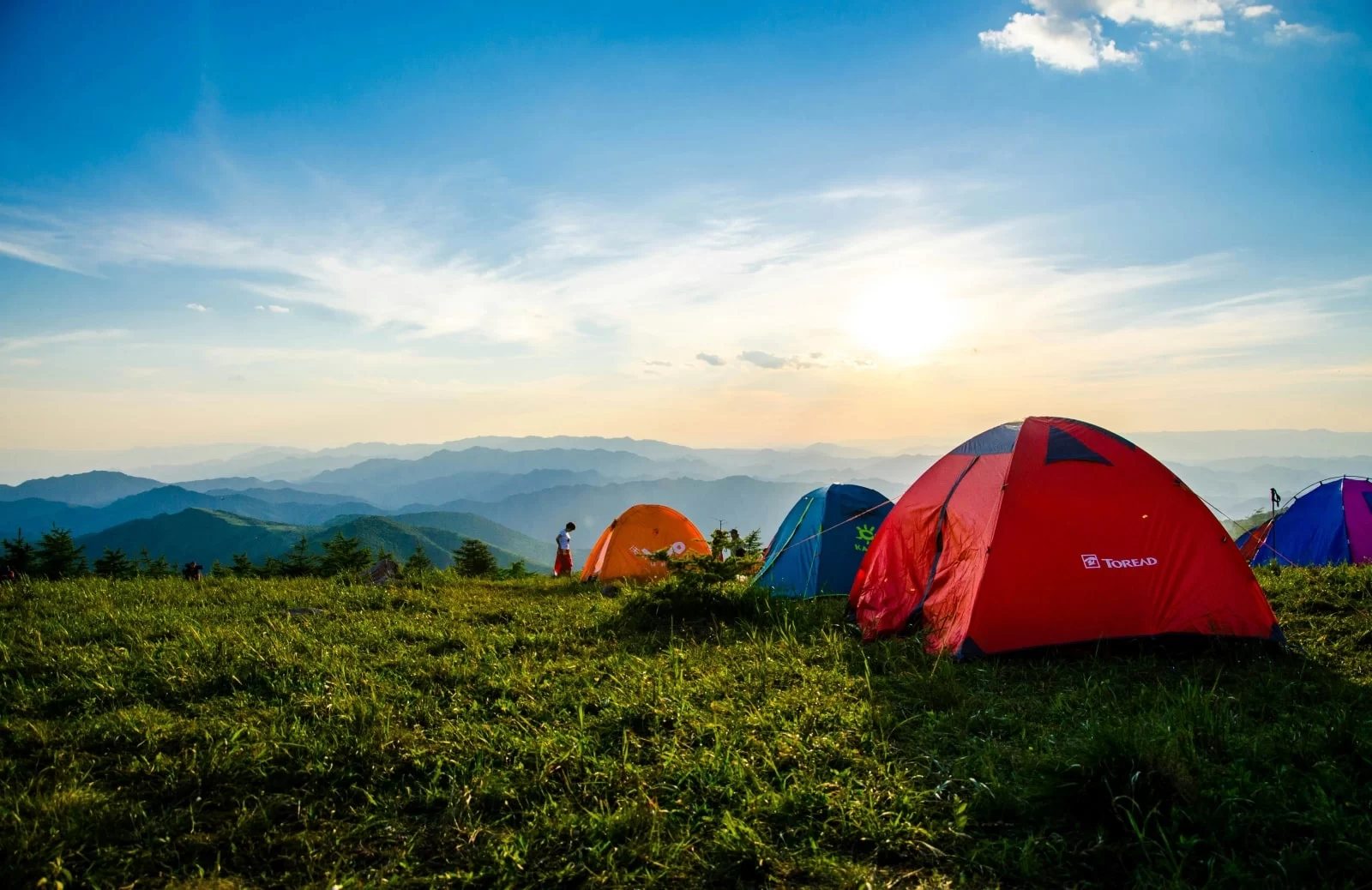Learn how to pack efficiently for a camping trip with expert tips and tricks. From camping gear to essential packing lists, get advice on packing light and stress-free for your next outdoor adventure.

How to Pack Efficiently for a Camping Trip – Expert Tips for a Stress-Free Adventure
- 1. Understanding the Essentials for Your Camping Trip
- 2. How to Pack Light for Camping
- 3. Packing for Overnight Camping vs. Longer Trips
- 4. Practical Packing Tips for a Smooth Camping Experience
- 5. Camping Gear and Accessories You Can’t Forget
1. Understanding the Essentials for Your Camping Trip
Before you dive into packing, it's important to understand the essentials you'll need for a successful camping trip. Whether you're heading out for a weekend getaway or embarking on a longer adventure, having the right gear is key. Start by considering the basics: a tent, sleeping bag, food, and water. These items form the foundation of your camping experience and will help ensure comfort and safety in the great outdoors.
Real-Life Example: During my first camping trip, I packed what I thought were all the essentials, but forgot one crucial item—water filtration tablets. It wasn't until we arrived that we realized we were camping near a river with questionable water quality. That experience taught me to always double-check my packing list before leaving!
2. How to Pack Light for Camping
One of the biggest challenges when packing for a camping trip is ensuring that you pack light without sacrificing the essentials. Overpacking can weigh you down, especially if you're hiking to your campsite, and can make the experience more stressful than enjoyable. Here are a few tips for packing light:
- Choose multi-purpose items: Opt for gear and clothing that serve more than one purpose. For example, a sleeping bag that can double as a blanket or a rain jacket that works as a windbreaker.
- Go for lightweight, compact gear: Invest in lightweight camping equipment like a smaller tent, portable stove, or compact cooking utensils that won’t take up too much space in your backpack.
- Pack in compressible bags: Use compression bags to reduce the size of bulky items like jackets or sleeping bags. This maximizes space and keeps your gear organized.
Pro Tip: A good rule of thumb is to only pack what you’ll actually use. Before packing, lay out all your items and consider if you can live without any of them for the duration of your trip.
3. Packing for Overnight Camping vs. Longer Trips
How you pack will vary depending on the length of your camping trip. For an overnight trip, you’ll need far fewer items than for a longer expedition. Here's how to adjust your packing:
Overnight Camping:
- Essentials: Tent, sleeping bag, food, water, and a headlamp or flashlight. Keep it minimal.
- Clothing: A change of clothes, a warm layer, and rain gear are usually enough.
Longer Camping Trips:
- Essentials: All of the above, plus extra food, water, a portable stove, and cooking utensils.
- Clothing: Consider bringing extra layers, a hat, gloves, and long sleeves for sun protection.
- Additional Gear: A map, compass, extra batteries for electronics, and possibly a tent repair kit in case something breaks.
Example: On my recent week-long camping trip in the Rockies, I packed a bit more than usual, including a backup stove and a multi-tool. That extra gear made cooking and maintaining our camp a breeze, even when we faced unexpected weather.
4. Practical Packing Tips for a Smooth Camping Experience
Packing for camping doesn’t just mean throwing things into a bag. A little organization can go a long way. Here are some practical packing tips:
- Pack in layers: Start with heavier items at the bottom of your pack, like your sleeping bag or tent. This helps balance the load and makes it easier to carry.
- Organize with pouches: Use smaller pouches or ziplock bags to organize food, toiletries, and other smaller items. This will save you time when you need something quickly.
- Keep your gear dry: Consider packing your gear in waterproof bags or using a rain cover for your backpack to protect it from moisture.
Real-Life Experience: One of the biggest mistakes I made on a camping trip was failing to organize my food properly. Everything ended up mixed together, making it a struggle to find meals when I was hungry. I learned that packing in categories—like snacks in one bag and cooking supplies in another—makes life on the trail so much easier.
5. Camping Gear and Accessories You Can’t Forget
There are a few camping essentials that you absolutely shouldn’t forget. These are the items that will make your trip safer and more comfortable:
- First-aid kit: A well-stocked first-aid kit can save you in an emergency, from blisters to more serious injuries.
- Headlamp or flashlight: Essential for navigating your campsite at night.
- Multi-tool: A multi-tool can come in handy for fixing gear or preparing food.
- Portable power bank: Charge your devices if you’re hiking in areas with no power supply.
Pro Tip: Always check your gear before you leave. The last thing you want is to arrive at your campsite and realize you forgot your tent stakes or sleeping pad!
Now that you’re armed with expert tips for packing efficiently for a camping trip, you’re ready for a seamless outdoor adventure! Don’t forget to consider your destination's unique environment and adjust your gear accordingly. For a memorable camping experience in beautiful surroundings, visit Pine Cliff Resort and explore their range of camping-friendly accommodations and activities.
Hidden Creek Farm and Camping Pitch
805 Jesse Byrd Rd, Hartsville, SC 29550, USA
Visit Location PageIndian Creek Landing Campground
682-, 690 Ohio River Scenic Byway, Vevay, IN 47043, USA
Visit Location Page